People
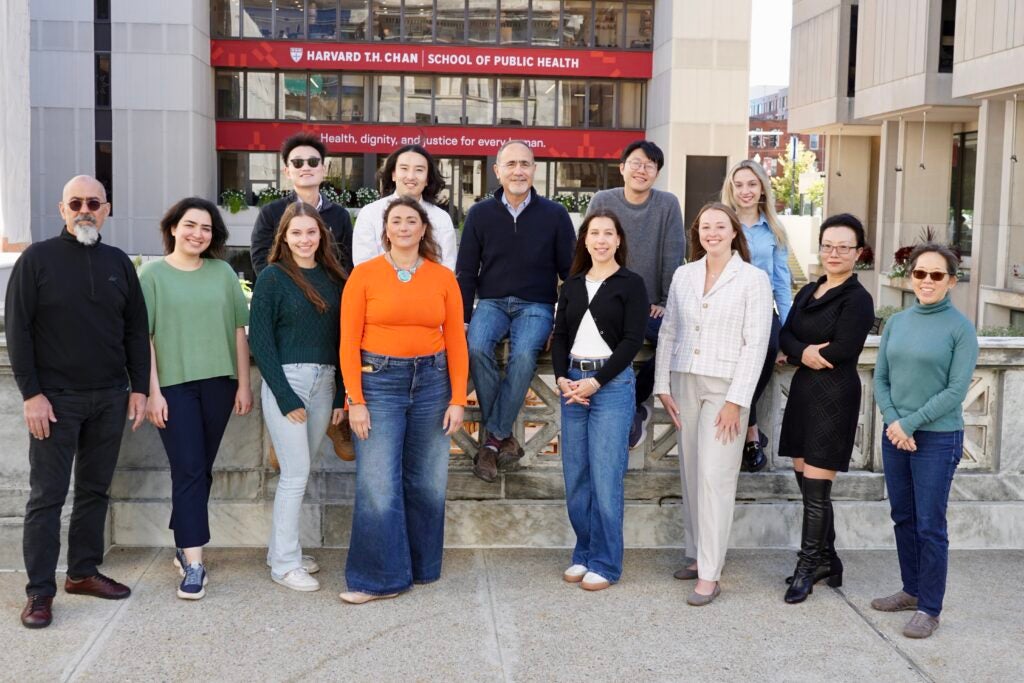
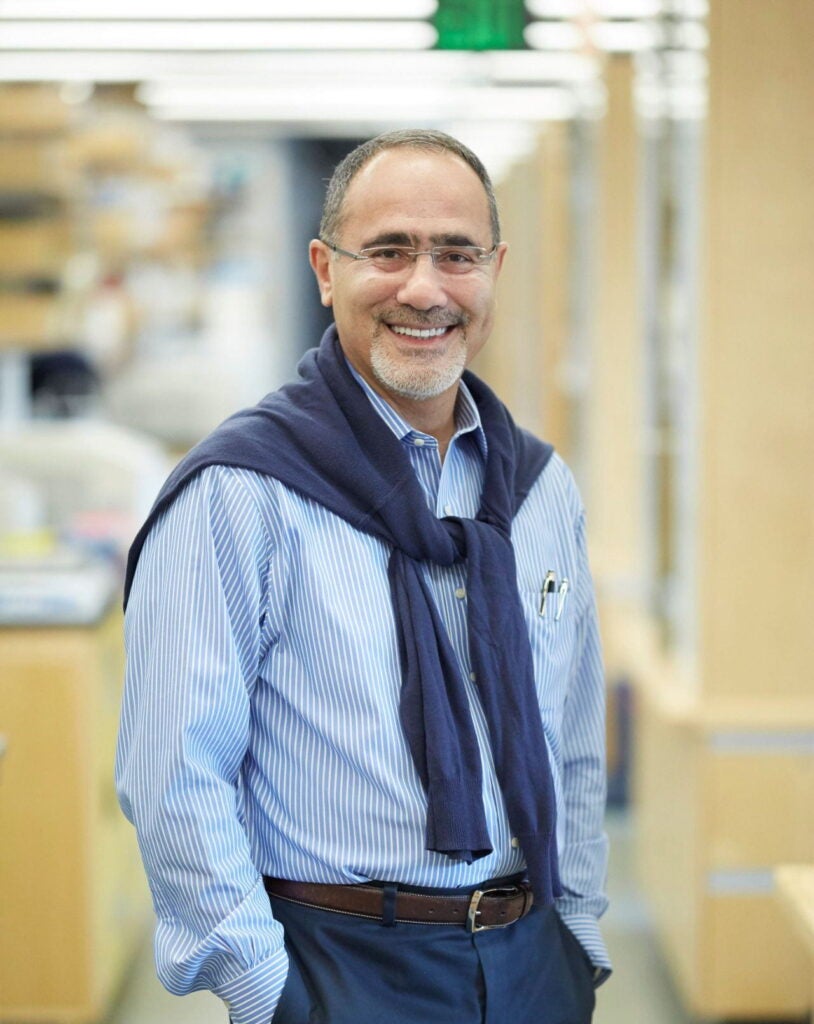
My laboratory studies metabolic homeostasis and the mechanisms underlying clusters of chronic non-communicable diseases that have become the greatest threats to global human health such as type 2 diabetes, airway disease, atherosclerosis, neurodegeneration, and cancer with a particular interest in exploring the integration of immune and metabolic responses to support health or cause disease. We have discovered and characterized chronic metabolic inflammation and its drivers, stress signaling and adaptive systems, and the key roles of lipid metabolism and lipid chaperones in several metabolic and inflammatory disorders. Our lab also explores the interface of these systems with the sensing and adaptive devices of the cell with a heavy focus on the metabolic and immunometabolic biology of the endoplasmic reticulum (ER).
We also systematically explored the mechanisms leading to ER dysfunction under metabolic stress and identified molecules that are critical for the metabolic functions of the ER in defending against cholesterol toxicity and the role of regulated proteasome activity through this factor in metabolic adaptations. These systems allow us to explore how nutrient and lipid signals are controlled and linked to adaptive responses and ER function and define functional outcomes in metabolic, inflammatory, and survival contexts in cells and organisms. Finally, we pursue genetic and chemical biology avenues to produce translational opportunities against chronic disease.
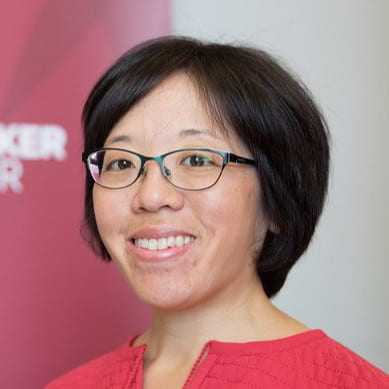
Dr. Karen Inouye grew up in a suburb of Montreal, Quebec and then moved to Oakville, Ontario during high school. She did her undergraduate studies at Queen’s University, Kingston, Ontario and then her PhD in Physiology at the University of Toronto, in the lab of Dr. Mladen Vranic, one of the last fellows in the lab of Dr. George Best, co-discoverer of insulin. She specializes in in vivo metabolic physiology studies, particularly the glucose clamp technique, which she learned in Dr. Vranic’s lab. In the Hotamışlıgil lab, she is studying the role of non-adipose sources of FABP4 in physiology.
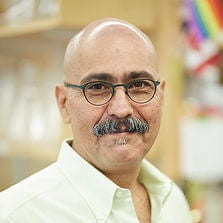
Dr. Gürol Tunçman is a Senior Research Scientist in the Hotamışlıgil Lab. He obtained his MD and PhD from Ankara University, Turkey, and joined the lab in 2001. He is interested in how metabolic state of a cell/tissue is translated to an immune response, and in this context is currently trying to understand the role of aP2 (Fatty Acid Binding Protein 4) in allergic and obesity related airway disease.
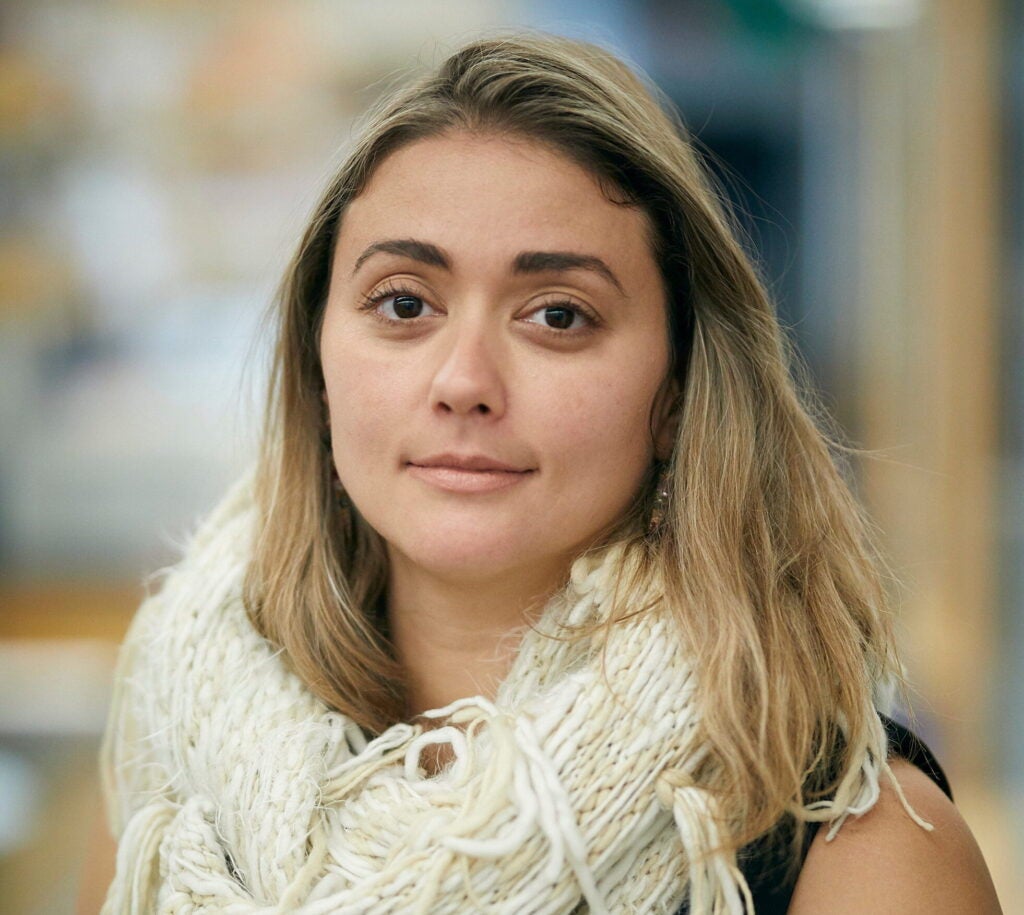
Dr Gonçalves grew up in Rio de Janeiro, Brazil. She completed her PhD on mitochondrial metabolism of blood-sucking mosquitoes at joint program from the Federal University of Rio de Janeiro, Brazil and NIH/NIAID, USA. During her postdoctoral training she focused on the mechanism of mitochondrial oxidant species production working with Dr. Martin Brand at the Buck Institute for Research on Aging. Now, Dr. Gonçalves is a Research Associate in the Hotamışlıgil Lab working with Dr. Hotamışlıgil to understand the regulation of energy metabolism in metabolic diseases.
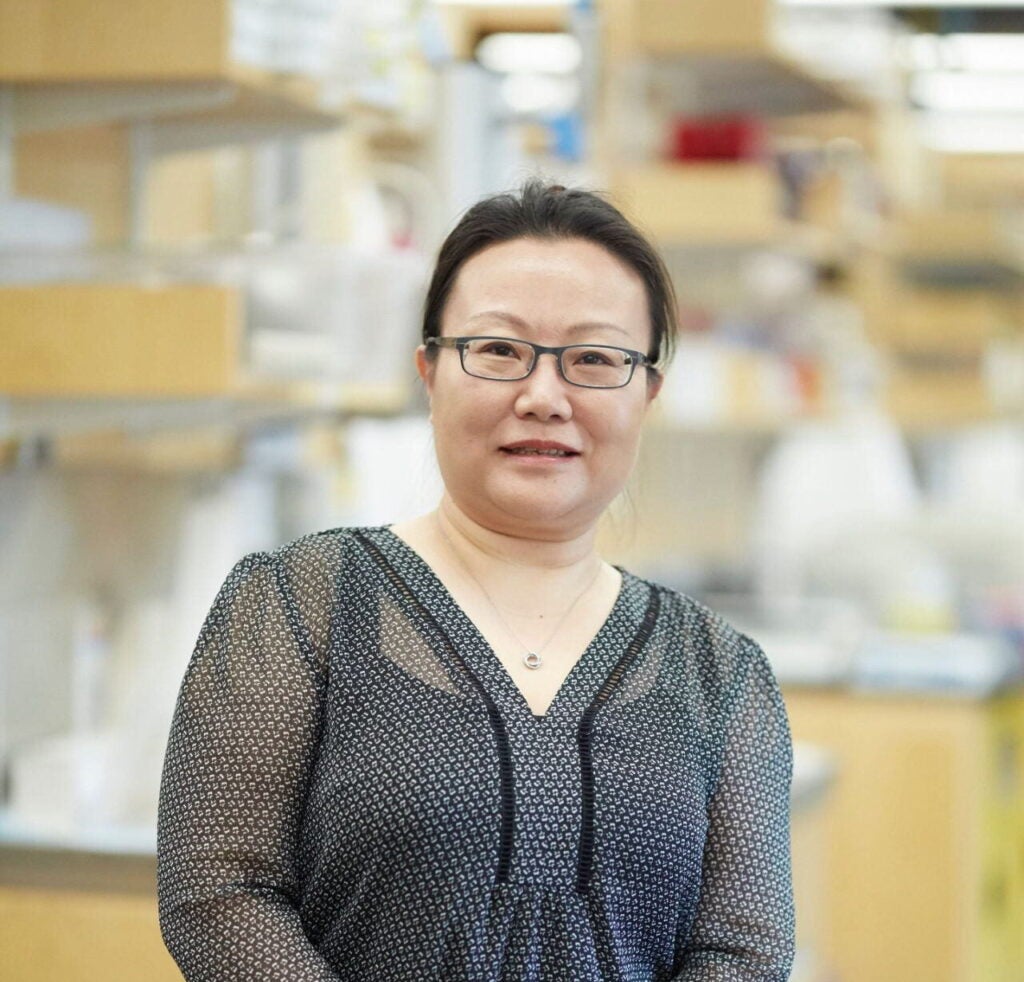
Dr. Grace Lee received her PhD in Chemistry at State University of New York at Binghamton. She did her postdoctoral training in atherosclerosis pathophysiology with Dr. Ira Tabas at Columbia University, followed by a 5-year stint in drug discovery research targeting cardiovascular and metabolic diseases. Dr. Lee joined the Hotamışlıgil lab in 2012. Her main interest is to identify novel therapeutic targets for the treatment of metabolic diseases as well as facilitating the streamlining of validated targets into drug discovery pipeline. Currently she is involved in the development of blocking antibodies for circulating FABP4.
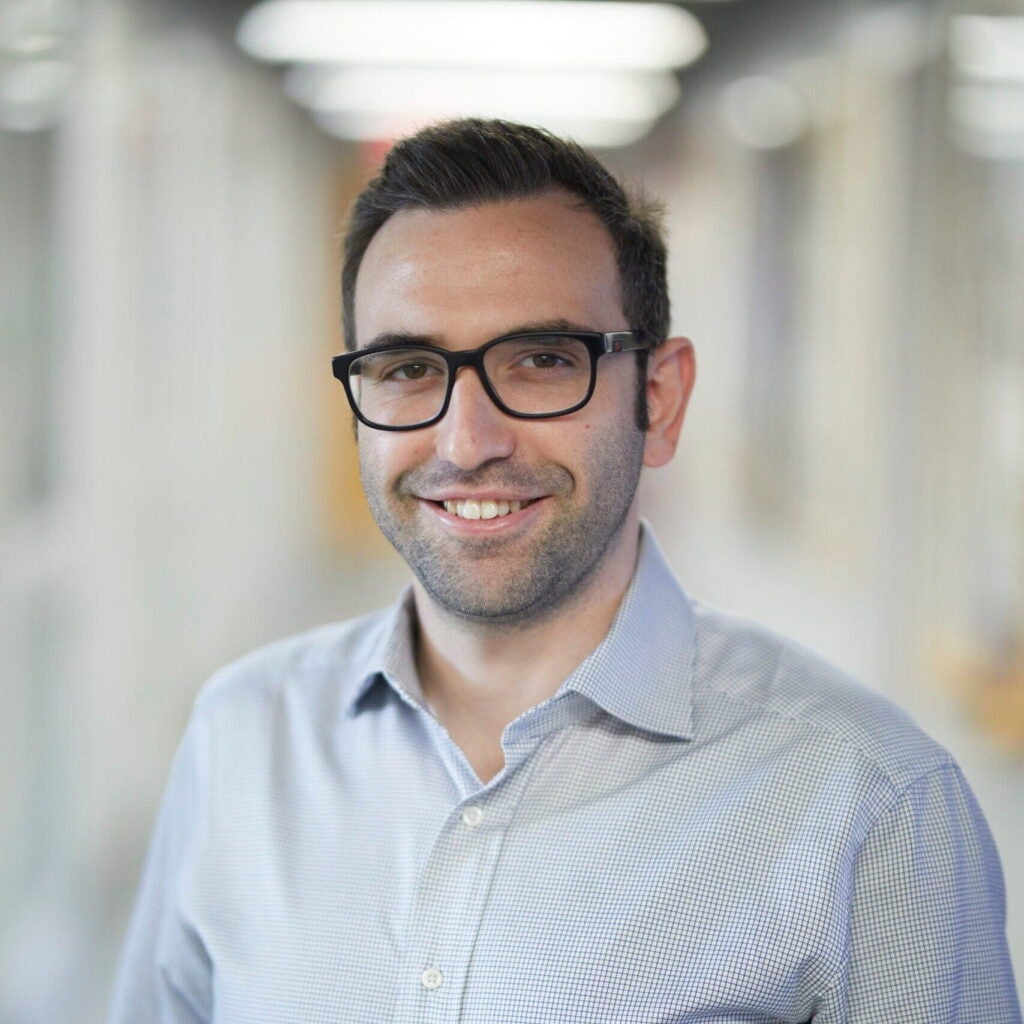
Dr. M. Furkan Burak is a clinician in Brigham and Women’s Hospital / Harvard Medical School, Division of Endocrinology, Assistant Professor at Harvard Medical School, and research fellow in the Hotamışlıgil Lab. He graduated from Kocaeli University School of Medicine. After his initial postdoctoral fellowship at the Hotamışlıgil Lab, he completed an internal medicine residency at Mount Auburn Hospital / Harvard Medical School and his clinical part of Endocrinology Fellowship at Brigham and Women’s Hospital / Harvard Medical School. His research mainly focused on the role of fatty acid binding proteins in diabetes and obesity and development of new therapeutic strategies in obesity related metabolic diseases such as diabetes, fatty liver disease and asthma. His clinical practice is focused on immune-metabolic endocrine diseases in Brigham and Women’s Hospital, Boston.
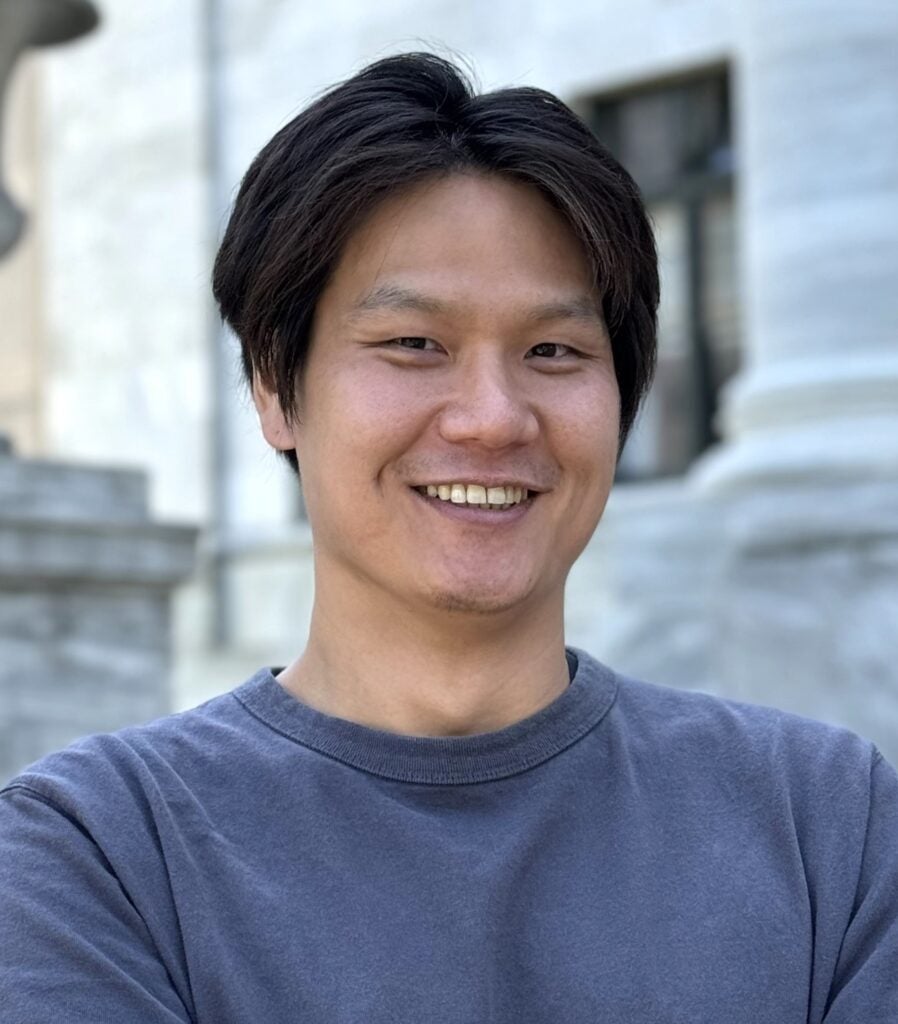
Dr. Jihoon Shin was born and raised in Busan, South Korea. He earned his PhD from Osaka University in Japan under the supervision of Dr. Iichiro Shimomura, followed by postdoctoral training and an assistant professorship before moving to the United States in 2023. He is currently a Research Associate in the Hotamışlıgil lab, where his research focuses on the molecular mechanisms by which FABP4 (fatty acid–binding protein 4) regulates human metabolism, particularly in relation to obesity, and diabetes, with the ultimate goal of developing novel therapeutic applications
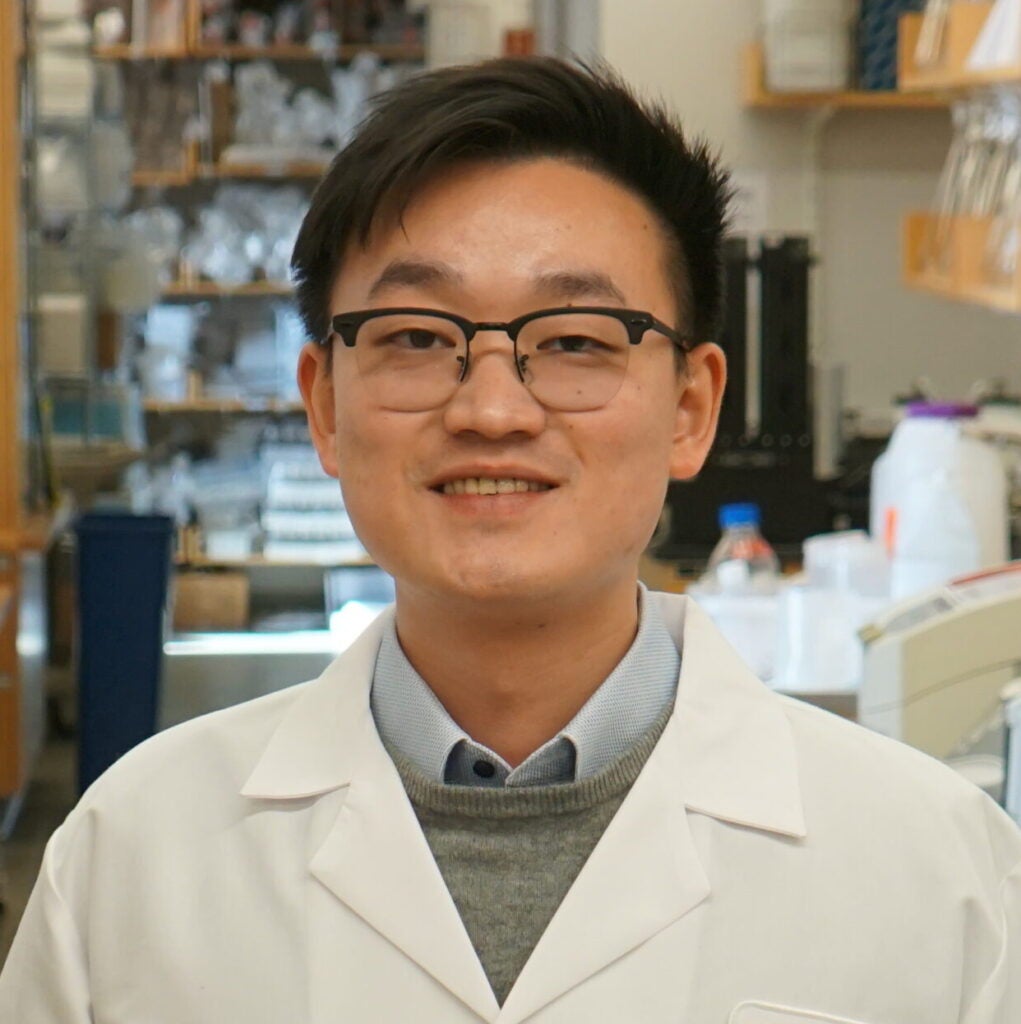
Dr. Zhe Cao grew up in Anhui, an inland province of central China. He did his undergraduate at Nanjing University (NJU) and then his PhD with Dr. Ho Yi Mak in Life Science at the Hong Kong University of Science and Technology (HKUST). Using the nematode C. elegans, Zhe investigated conserved mechanisms of lipid droplet expansion and is intrigued by the subcellular plasticity of organelle architecture and functions. In the Hotamışlıgil lab, Zhe will continue to invest his passion on organelle biology and study how organelles are remodelled in adaptation to metabolic stresses.
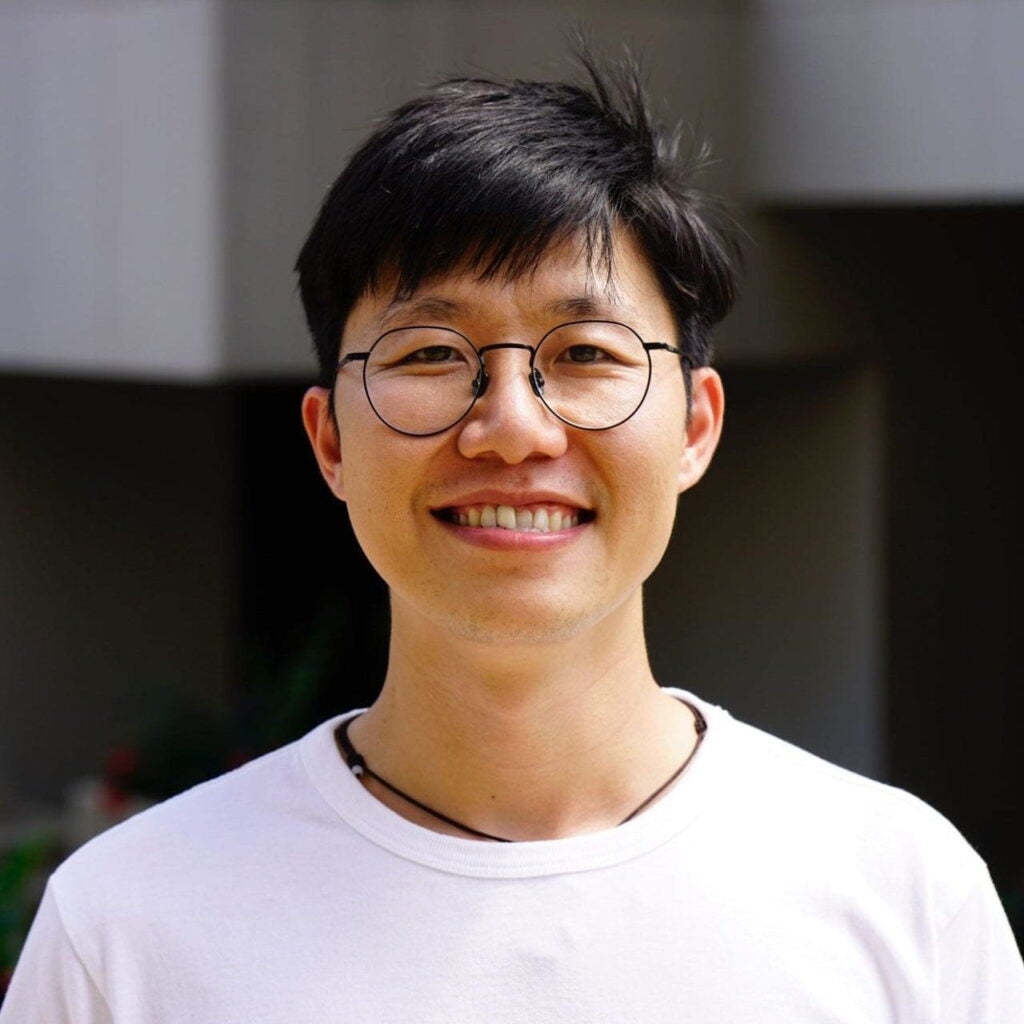
Dr. Shijun Deng grew up in Guangdong, a province in southern China. He recently received his PhD in Medical Sciences from the University of Alberta in Canada, where he investigated the molecular mechanism of PCSK9-mediated cholesterol metabolism. As part of the Hotamışlıgil lab, Dr. Deng will continue to further develop his research interests in the interplay between cellular metabolism and inflammation in the context of cardiovascular and metabolic disease.
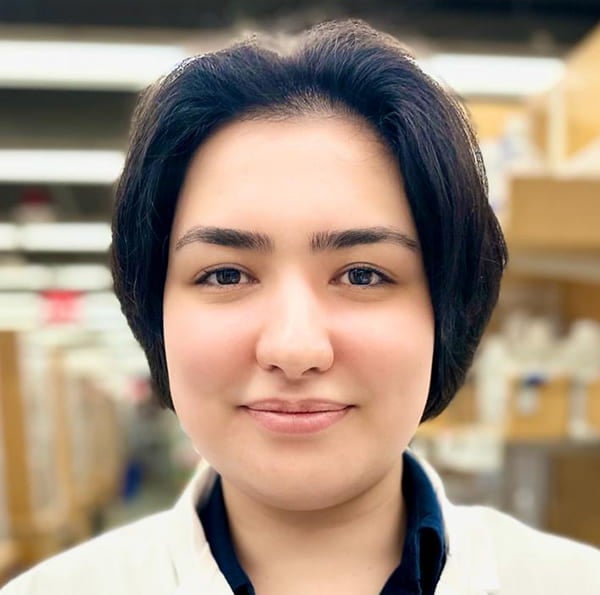
Dr. Sevval Altay grew up in Istanbul, Turkey. She received her medical degree from Koç University School of Medicine in 2022, where she developed a strong interest in the molecular pathogenesis of diseases. To pursue this interest, she gained research experience at her home university and ETH Zurich as an Amgen Scholar. After completing her degree, she continued to expand her research experience as a visiting researcher at Koç University. Her passion for translational research led her to join the Hotamışlıgil Lab as a postdoctoral research fellow in June 2023. Her primary research interest in the lab is to explore the yet-to-be-known functions of FABP4.
Read more about Dr. Altay’s journey as a Sabri Ülker fellow here
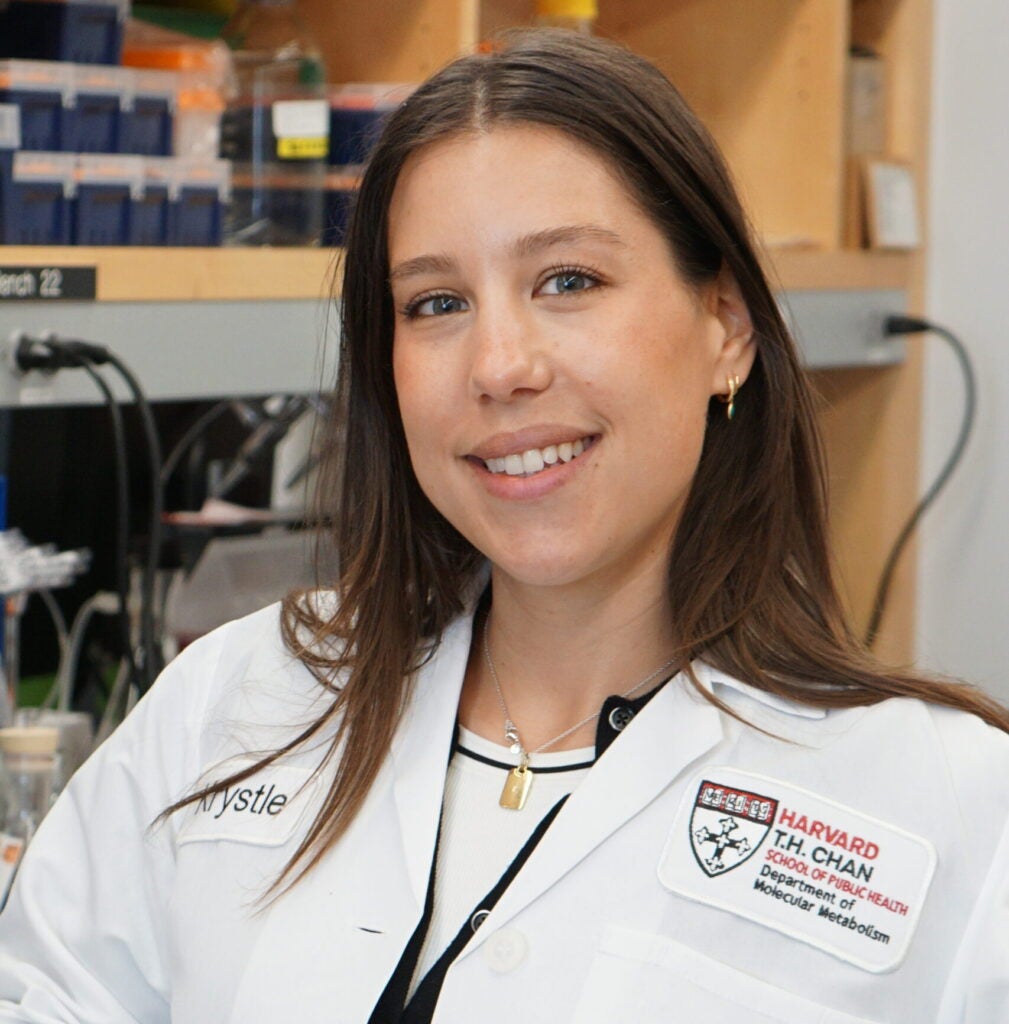
Krystle is originally from northeastern Ohio and completed her undergraduate training in Molecular Biology at the University of Pittsburgh. She received her PhD in Biological Sciences in Public Health here at the Harvard School of Public Health in the lab of Dr. Brendan Manning. Her graduate work focused on defining the regulation of the metabolic signaling pathway mTORC1 in the liver by physiological nutrients and growth factors. In the Hotamışlıgil lab, Krystle plans to identify strategies to target circulating FABP4 in the treatment of cancer and age-associated diseases. In her free time, Krystle enjoys exercising/yoga, reading novels, creative writing, and baking. She also enjoys spending time with her dog, Arwen, and two cats, Pepe and Bobo.
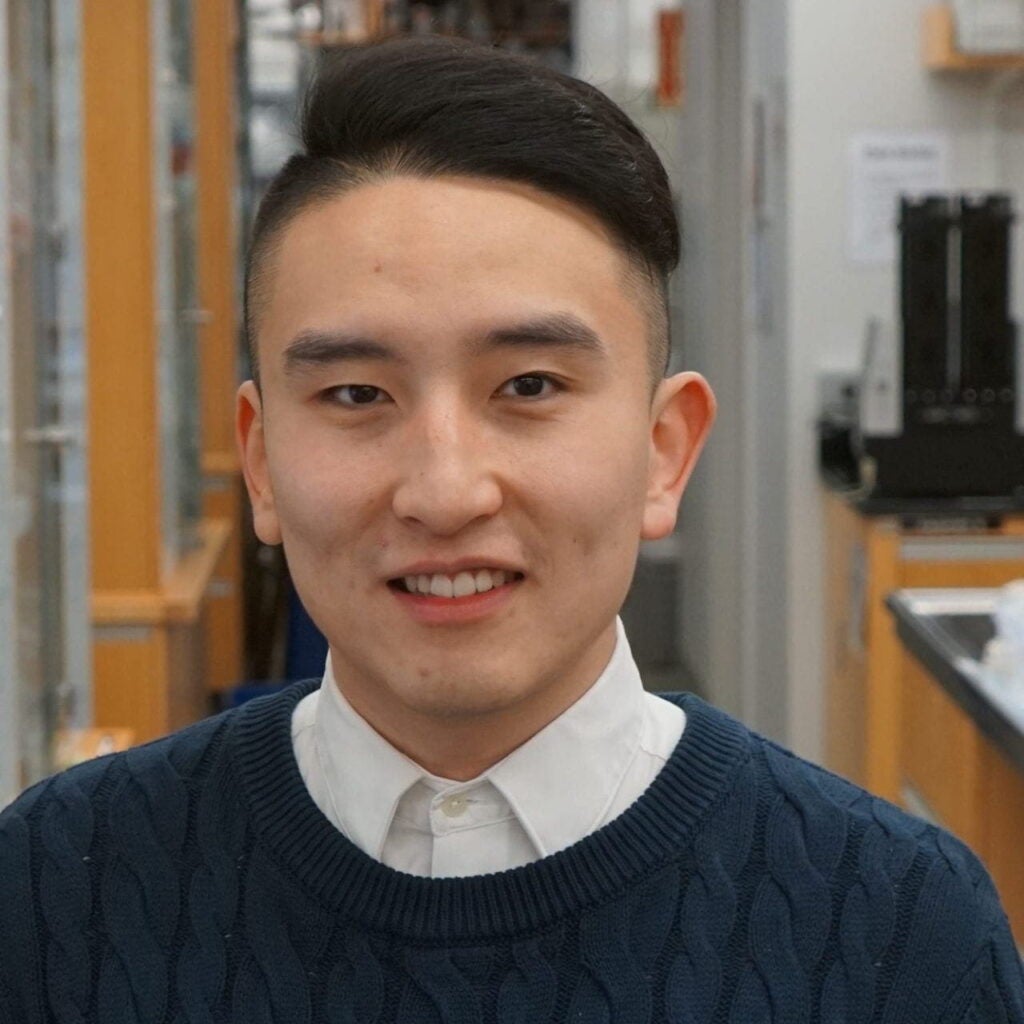
Zeqiu ‘Branden’ Wang comes from Tianjin, China. He moved to Seattle, Washington, in 2009, completed high school, and studied biochemistry at the University of Washington. He received his MSc from the Institute of Human Nutrition at Columbia University, New York. Currently, he is a Ph.D. student in biological science in public health and aims to understand the molecular mechanism of how obesity contributes to the development of metabolic disease by studying the crosstalk between adipose tissue and the liver.
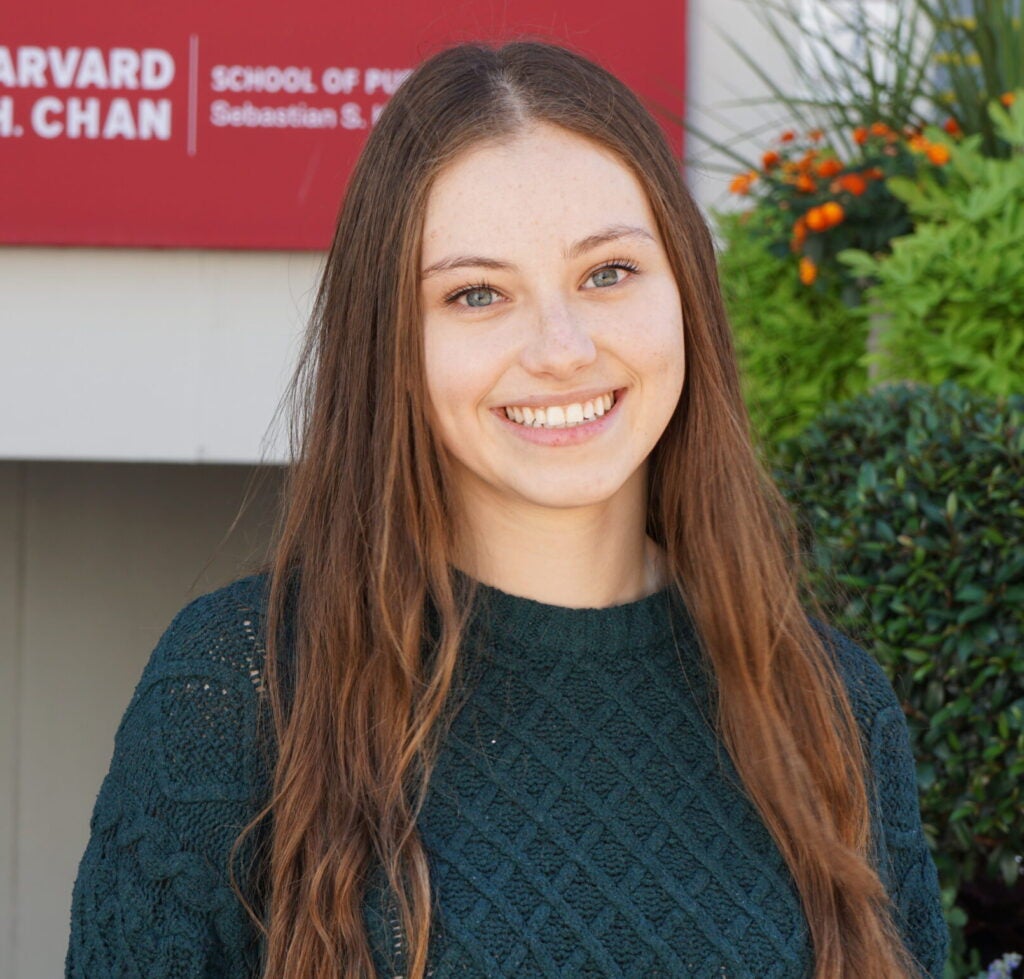
Jessica Freed grew up in Massachusetts and studied Biochemistry at Boston College. She is currently a student in the Biological Sciences in Public Health PhD program, and her research interests lie in elucidating the molecular mechanisms underlying energy homeostasis in health and disease. In the Hotamışlıgil lab, she studies the contribution of FABP4 to aging and aging-associated structural and metabolic perturbations. In her free time, she enjoys hiking, painting, and traveling.
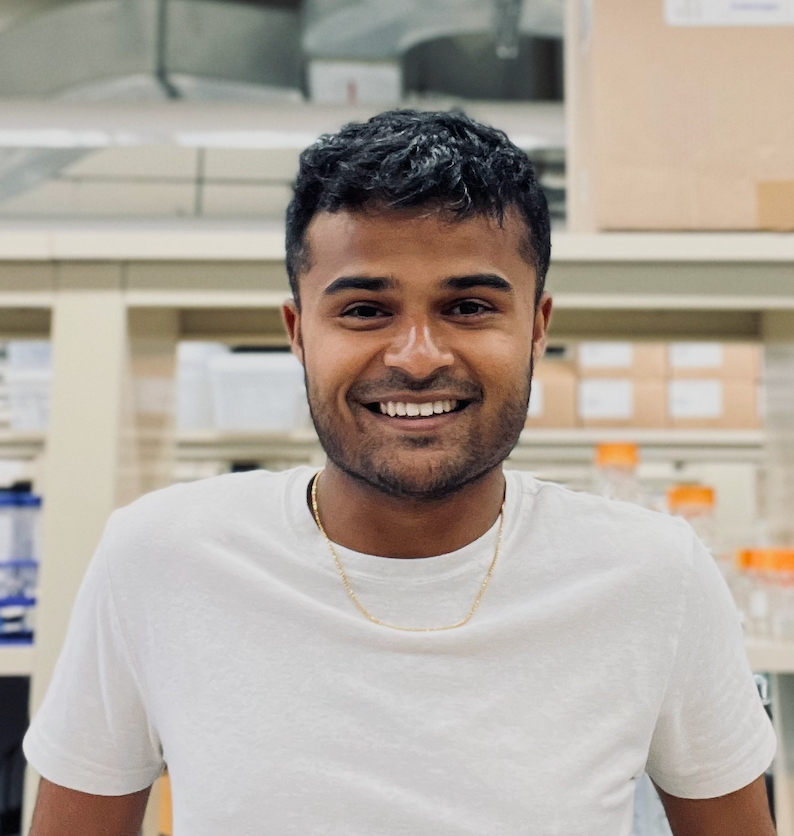
Sarvesh comes from Tamil Nadu, a state at the southern tip of India. He graduated from Brown University in 2025 with a BSc in Biochemistry and Molecular Biology, where he did research on the role of the klotho genes in aging and mitochondrial dysfunction in the nematode C. elegans. His research interests in the mitochondria and metabolism led him to the Hotamıslıgil Lab, where he hopes to explore the molecular mechanism of action of FABP4 and its impact on organelle homeostasis. In his free time, he can be found watching or playing tennis, cooking, and exploring Boston.
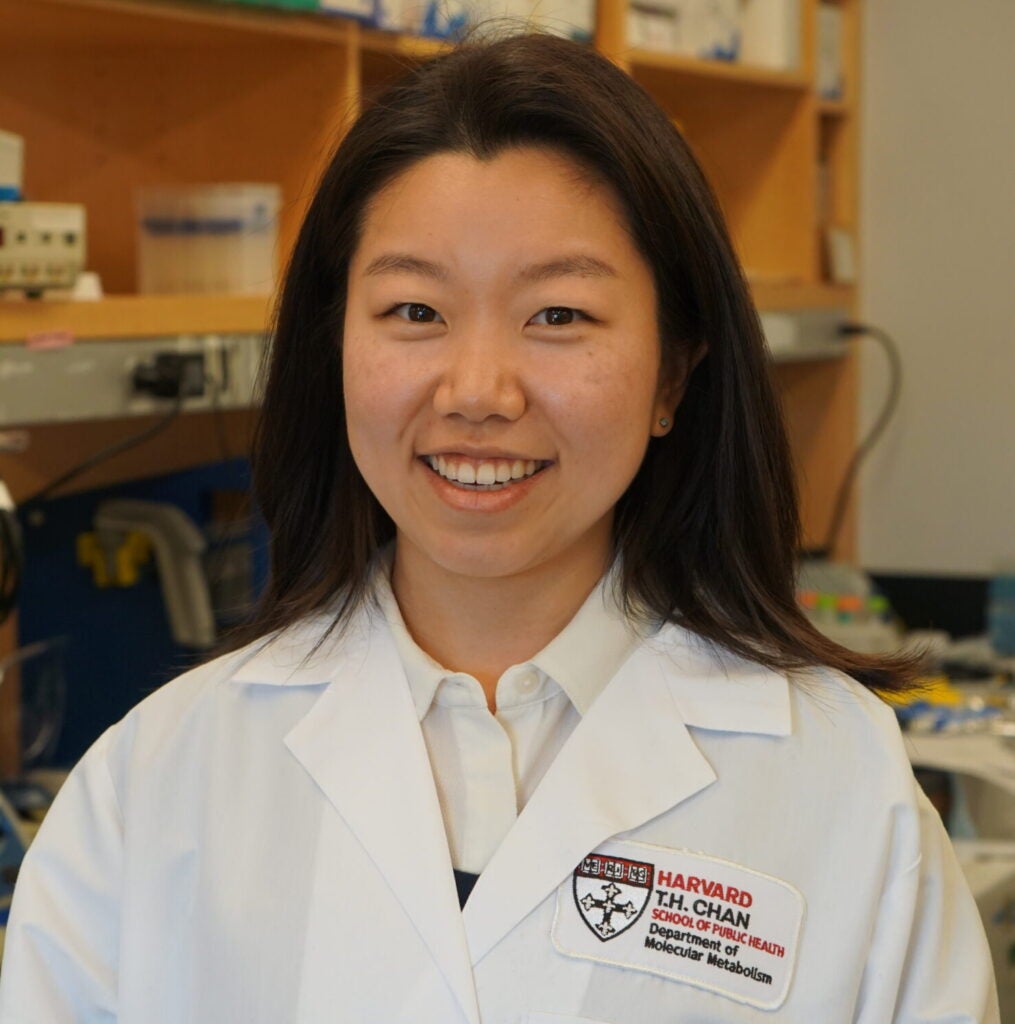
Eunsoo is from Seattle, Washington. She graduated with a BS in Biomedical Engineering from Yale University, where she contributed to research on impaired wound healing and the foreign body response to CGMs. In the Hotamışlıgil Lab, Eunsoo hopes to explore the molecular mechanism of FABP4 and understand how metabolic dysregulation drives inflammatory processes that impact systemic health. Outside the lab, Eunsoo enjoys painting, running, and learning new languages.

Leah is a Massachusetts native with 4 years of healthcare experience, both clinical and administrative. She holds a B.S. in Environmental Science and Public Health from Saint Michael’s College, where she was also captain of the NCAA Division II Swim Team.